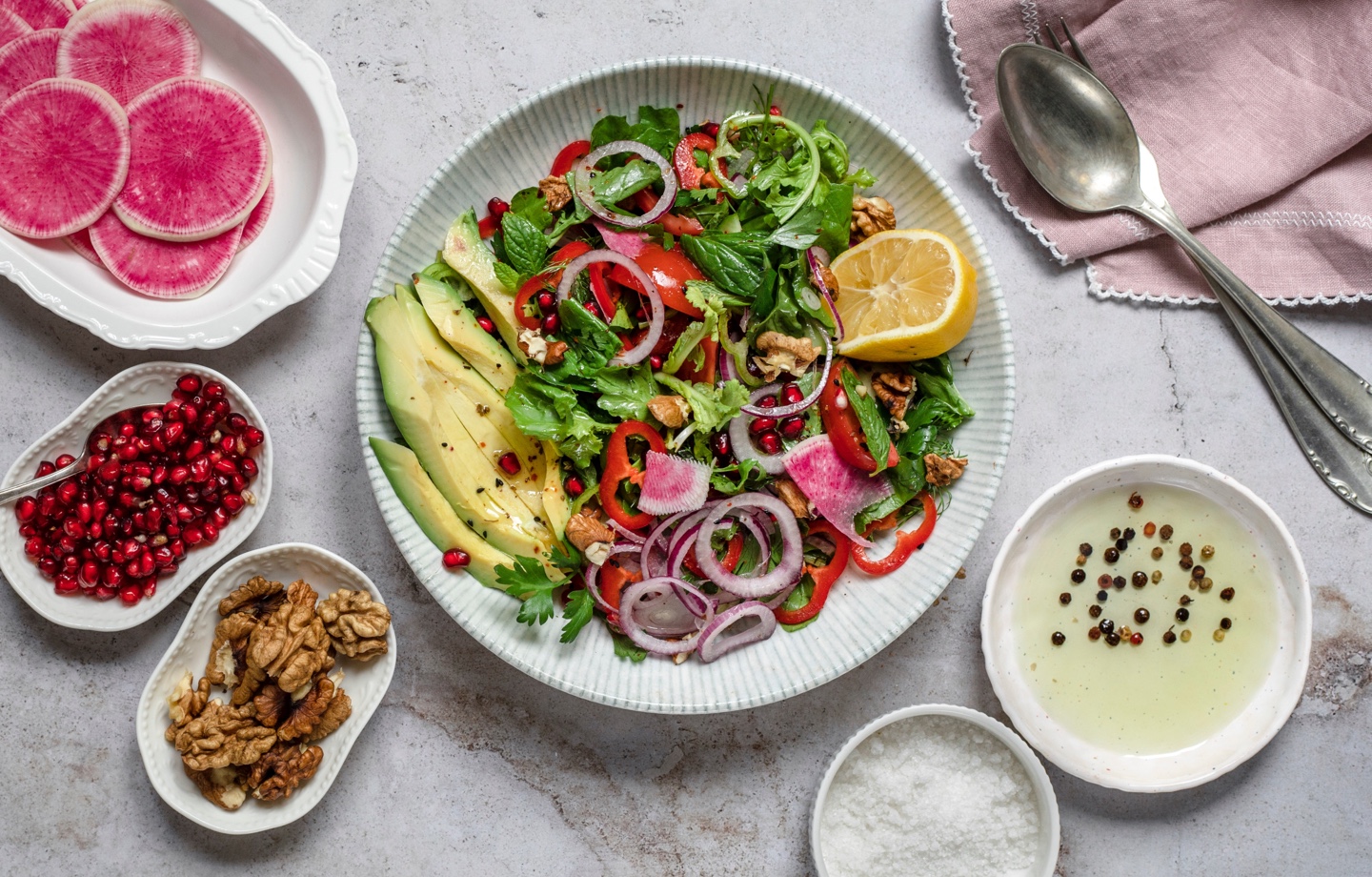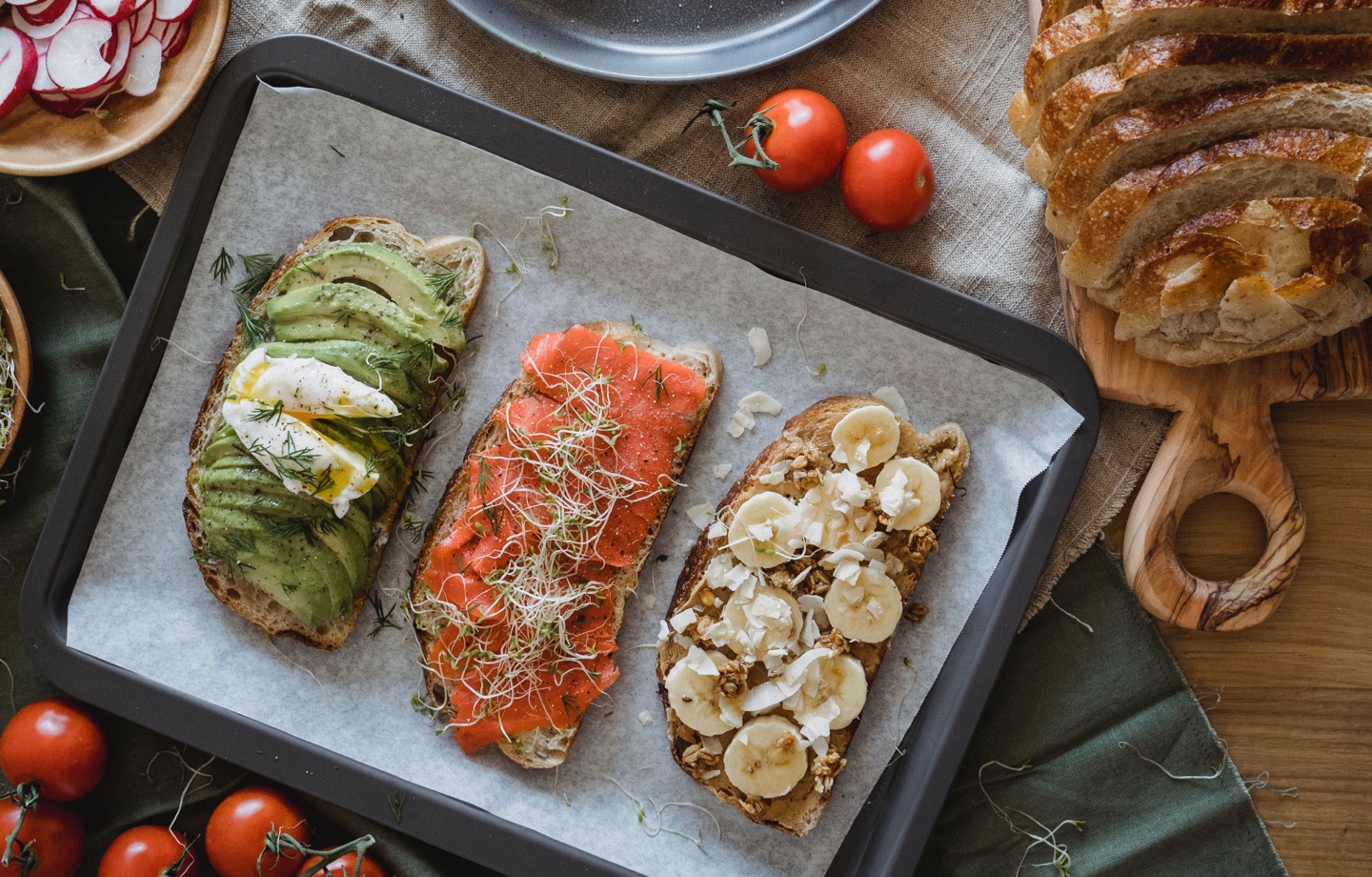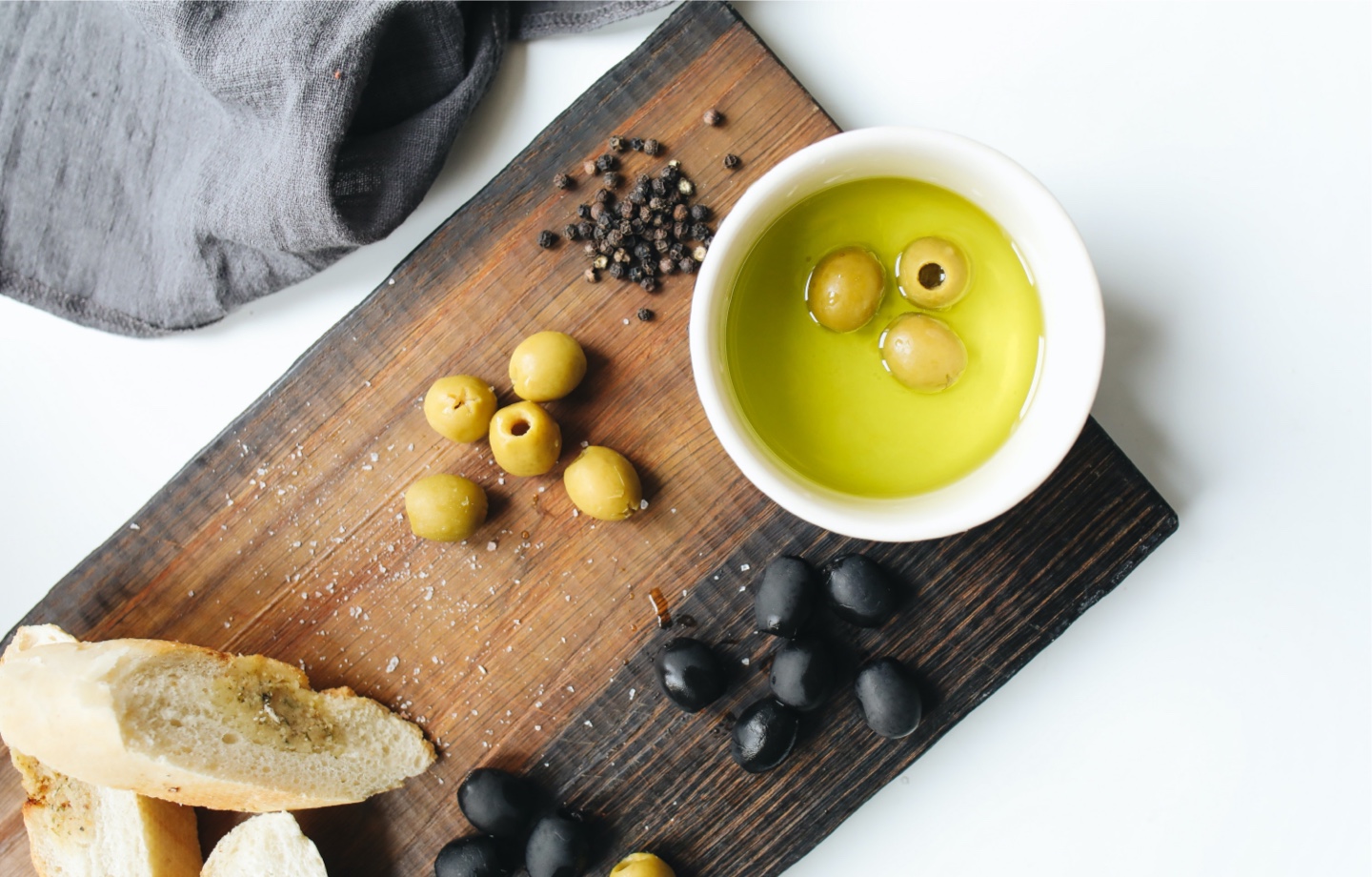Prolonged and chronic inflammation can lead to a handful of health issues. Here are six foods that help keep inflammation to a minimum.
In late 2022 — after more than two years of wearing a mask and avoiding crowded spaces — I tested positive for Covid-19. For the second time. I considered myself among the lucky ones, though. My symptoms were few, and the ones I did have were mild. After a few days of resting and Netflix binging, I was back on my feet. But less than a week after recovering, I discovered a hive on my elbow. Over the next two days, the itchy bumps proliferated. They sprouted on my arms, legs, neck, and face. One hive nearly covered my left eye, and my swollen ears began to look elfin.
When I visited my primary care doctor for steroids, she told me what I already assumed: That the hives were likely due to virus-induced inflammation.
The coronovirus, like other viruses, can cause the body to become inflamed, which can present symptoms such as rashes, fatigue, and gastrointestinal issues, to name a few. But what exactly is inflammation? And how does it affect our well-being?
Simply put, inflammation is a body’s defense mechanism — it’s how the immune system fights off something harmful, like a virus. But in excess, inflammation can be bad for us. Chronic inflammation is linked to myriad ailments, including cardiovascular disease, gastrointestinal disorders, and some types of cancer.
The good news is that there are ways to lessen inflammation in the body, and one of them is to eat a diet rich in anti-inflammatory foods, from blueberries and almonds to tomatoes and salmon.
Studies show that these six foods contain anti-inflammatory properties. The only caveat: Everyone reacts to food differently. What is anti-inflammatory for one person may cause inflammation in another. Consider this list a starting point as you work to include more anti-inflammatory foods in your diet.

Read more: The Magnesium-Rich Foods That Help You Sleep Better
You’re probably already aware that nuts are good for you — they’re rich in protein, fiber, and minerals. But did you know they can also lessen inflammation in the body? Almonds, in particular, are rich with a type of antioxidant known for its anti-inflammatory effects. And one study showed that eating nuts is associated with lower amounts of some inflammatory biomarkers.
The best part is that nuts are an easy addition to any diet, assuming you don’t have an allergy. Eat them roasted, salted, or raw as a midday snack. Crush and sprinkle them atop your favorite dish for an added crunch. Sneak them into a smoothie. And if you tire of the taste, simply pick a new variety to try — there are more than 20.
You can thank Tom Brady for giving nightshades like tomatoes a bad reputation. He reportedly avoids the fruit because they cause inflammation. But do they really? Some research shows that tomatoes contain anti-inflammatory compounds that can fight chronic inflammation, but other studies have suggested that the fruit could exacerbate existing inflammation in someone with a chronic condition like rheumatoid arthritis.
Like most foods on this list, tomatoes won’t benefit everyone. Some people have individual sensitivities or conditions that affect how they respond to different foods. Finding what works for you may entail a period of trial and error or talking to a doctor or nutritionist. But don’t rule out tomatoes just because Tom Brady does — you could be missing out.
Read more: 7 Essential Antioxidant-Rich Foods
If you love seafood, you’ll like what we’re about to say. Fatty fish is a great anti-inflammatory food to add to your dinner rotation. According to the Arthritis Foundation, fish rich in omega-3s are best for reducing inflammation. This includes salmon, tuna, sardines, and mackerel. Eating a 3- to 6-ounce serving two to four times a week is the sweet spot for anti-inflammatory benefits.

This oil’s versatility makes it a staple in many kitchens — use it as a foundation for salad dressings, to sauté meals (its neutral flavor won’t overpower the dish), or to make a range of savory dips or baked treats. It’s also a super nutritious addition. That’s in part because olive oil contains monounsaturated fatty acids, which an increasing amount of research links to anti-inflammatory effects. In fact, one study showed that participants who consumed more than half a tablespoon of the oil a day decreased their risk of early death by 19 percent compared to those who rarely consumed it.
Read more: Why Quality Olive Oil Matters
Sweet tooth? Grab a handful of berries. Studies show that strawberries, blueberries, and cranberries, among others, contain certain inflammation-fighting compounds known as polyphenols, which are naturally found in plant foods. In fact, one of the polyphenols found in berries is responsible for their signature red, blue, and purple hues. If loading up on fresh berries strains your grocery budget, try buying them frozen — they’re typically more affordable this way and are just as nutritious.
Spinach, chard, kale, bok choy — these powerhouse veggies pack loads of nutrition. According to a 2019 study, a diet rich in these leafy greens may reduce the risk of certain diseases. This is because the greens, the study found, decrease levels of a type of protein associated with diseases typically caused by inflammation. Not a fan of greens? Blend a serving or two into your next berry smoothie — you’ll get the benefits without the taste.

Read more: The Best Foods For Brain Health
Have feedback on our story? Email [email protected] to let us know what you think!

Shop Pillows
The Essential Organic Pillow Collection
Gentle, breathable, non-toxic support.







